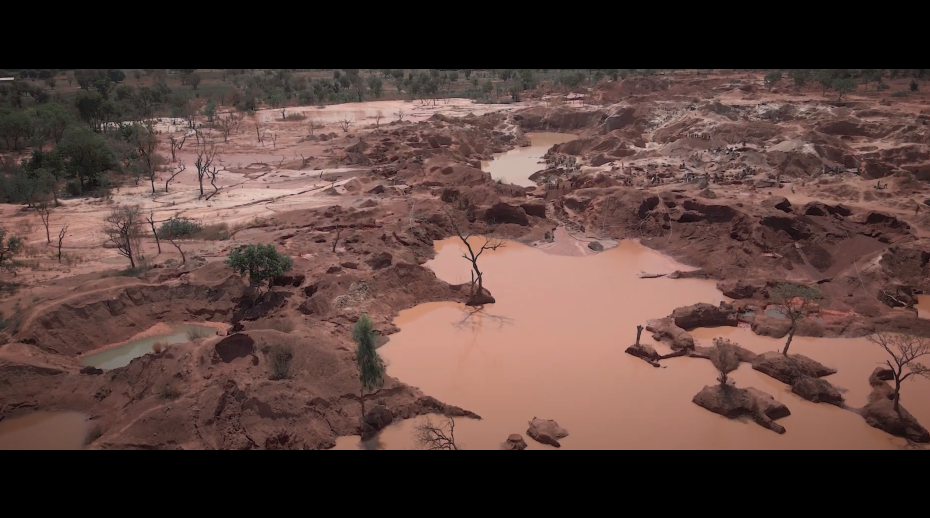
SIPRI and its partners have launched a new film that explores gold panning in Mali’s border communities. The film provides an overview of the current dynamics of gold panning in Mali and the range of issues it presents for the local population and the environment. The film is part of a SIPRI research project that uses qualitative research to analyse the practice of gold panning and understand how local authorities deal with the issues it presents.
The film is available below:
Initially, gold panning in these areas was a supplementary activity for local populations and was carried out with basic tools. However, the rising price of gold has attracted both poor and wealthy individuals and organizations who now use modern equipment and chemicals such as mercury and cyanide.
This shift has significantly increased the economic stakes involved in gold panning, making the sites highly sought after. The areas along Mali’s western and southern borders are particularly desirable and experience high levels of human mobility.
However, the practice of gold panning also brings forth numerous issues. These include risks of landslides, waterborne diseases, unsanitary conditions, child labour, violence against women, drug use, banditry, environmental degradation, land pressure, disputes between neighbours and negative impacts on the local agricultural economy. Additionally, in the Sahel—where armed terrorist groups exert significant pressure—gold panning has become a means of financing violent extremist organizations.
This project is funded by the European Union and produced by the Delegation of the European Union to Mali. SIPRI’s local partner in this project is the Institut des Sciences Humaines de Bamako.